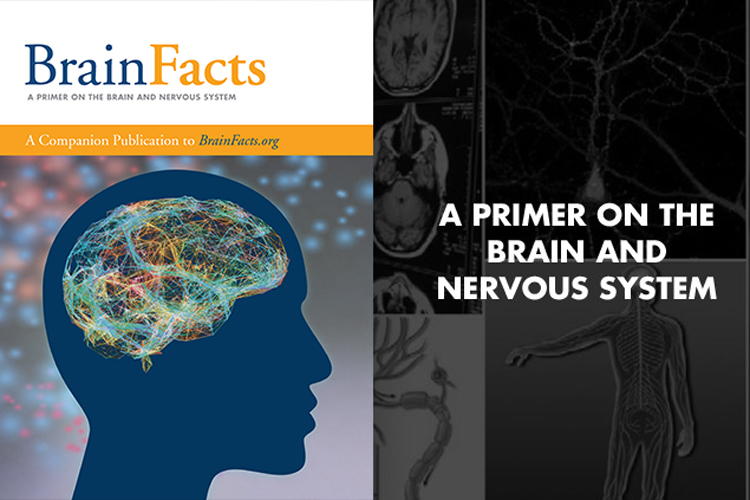
Polish Student Wins 20th International Brain Bee Championship
Piotr Oleksy, an 18-year-old high school student from Krakow, Poland, competed against 24 peers from around the world to win the 20th International Brain Bee Championship, held July 5 in Berlin, Germany. Held in conjunction with the 11th Annual Forum of the Federation of European Neuroscience Societies (FENS), the 2018 International Brain Bee brought together 25 high school students in a competition to demonstrate mastery of neuroscience knowledge. Oleksy was awarded $3,000, a summer internship in a neuroscience laboratory of his choice, and the opportunity to represent the Brain Bee around the world.
At the International Brain Bee Championship students face five competition sections, which explore the students' knowledge of neuroscience theory and practice, research, and medical neurology. The competition includes oral tests, a neuroanatomy laboratory exam with real human brains, a neurohistology test, and a patient diagnosis section.
Expert neuroscientists judge the competition at every level as students tackle questions such as:
- What kind of molecules are semaphorin, ephrin, neuropilin, and plexin?
- Sonic hedgehog is important for the development of what part of the nervous system?
- Stargazer mice are experimental models for which type of epilepsy?
The Brain Bee is organized as a three-tier neuroscience competition for students ages 13 to 19. Students participate in one of the roughly 200 local Chapter competitions worldwide, each one involving numerous area schools. The winners of the local Brain Bee chapters compete in their respective Regional/National championships. The Regional/National winners then go on to represent their countries in the International Championship.
Founded to inspire young men and women to study the brain and to motivate them to consider careers in basic and clinical neuroscience, the Brain Bee was started in 1999 by Norbert Myslinski, of the University of Maryland in Baltimore. Up until 2018, the International Brain Bee (IBB) has operated and grown solely based on extraordinary volunteer commitments of time and resources. The recent establishment of the IBB as a charitable organization will ensure the continued success of the Brain Bee initiative and help to realize its full potential.
“We look forward to working closely with the committed network of volunteer coordinators around the world to ensure the effective implementation of the new organizational structure and continued success of the IBB globally,” Myslinski said.
The new IBB governing body is a consortium consisting of the American Psychological Association, the Dana Foundation, the Federation of European Neuroscience Societies, the International Brain Research Organization, and the Society for Neuroscience.


















